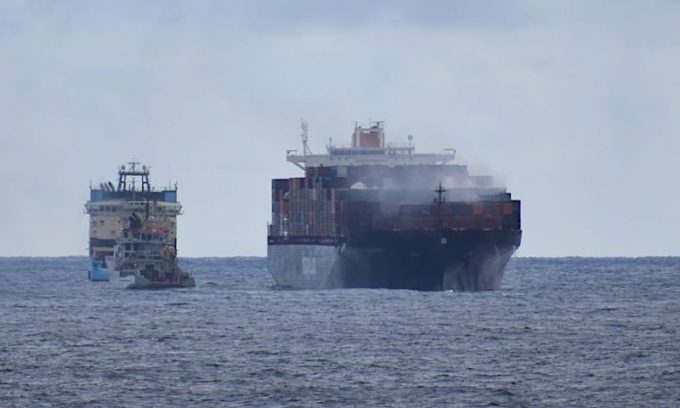Tighter EU import requirements proving 'a challenge' for forwarders
“Stricter Customs regulations” from the EU’s ICS2 will see “stricter enforcement”, Hapag-Lloyd has warned, and ...

Hapag-Lloyd is piloting an online insurance product as part of a digital offering to try to overcome the widespread practice of shippers relying on the limited cover provided under the terms of carriers’ bills of lading.
The line said it always took the “upmost care” of cargo, but “we also know that things can go wrong during transport”.
It added: “That’s why we are introducing Quick Cargo Insurance.”
The Loadstar understands that the motivation for Hapag-Lloyd’s insurance product was the catastrophic mid-Atlantic fire ...
Maersk u-turn as port congestion increases across Northern Europe
Apple logistics chief Gal Dayan quits to join forwarding group
Maersk Air Cargo sees volumes fall as it aims for 'margin in favour of revenue'
Houthis tell Trump they will end attacks on Red Sea shipping
Transpac rates hold firm as capacity is diverted to Asia-Europe lanes
Airlines slash freighter capacity post-de minimis, but 'the worst is yet to come'
MSC revamps east-west network as alliance strategies on blanking vary
India-Pakistan 'tit-for-tat' cargo ban sparks sudden supply chain shocks

Comment on this article